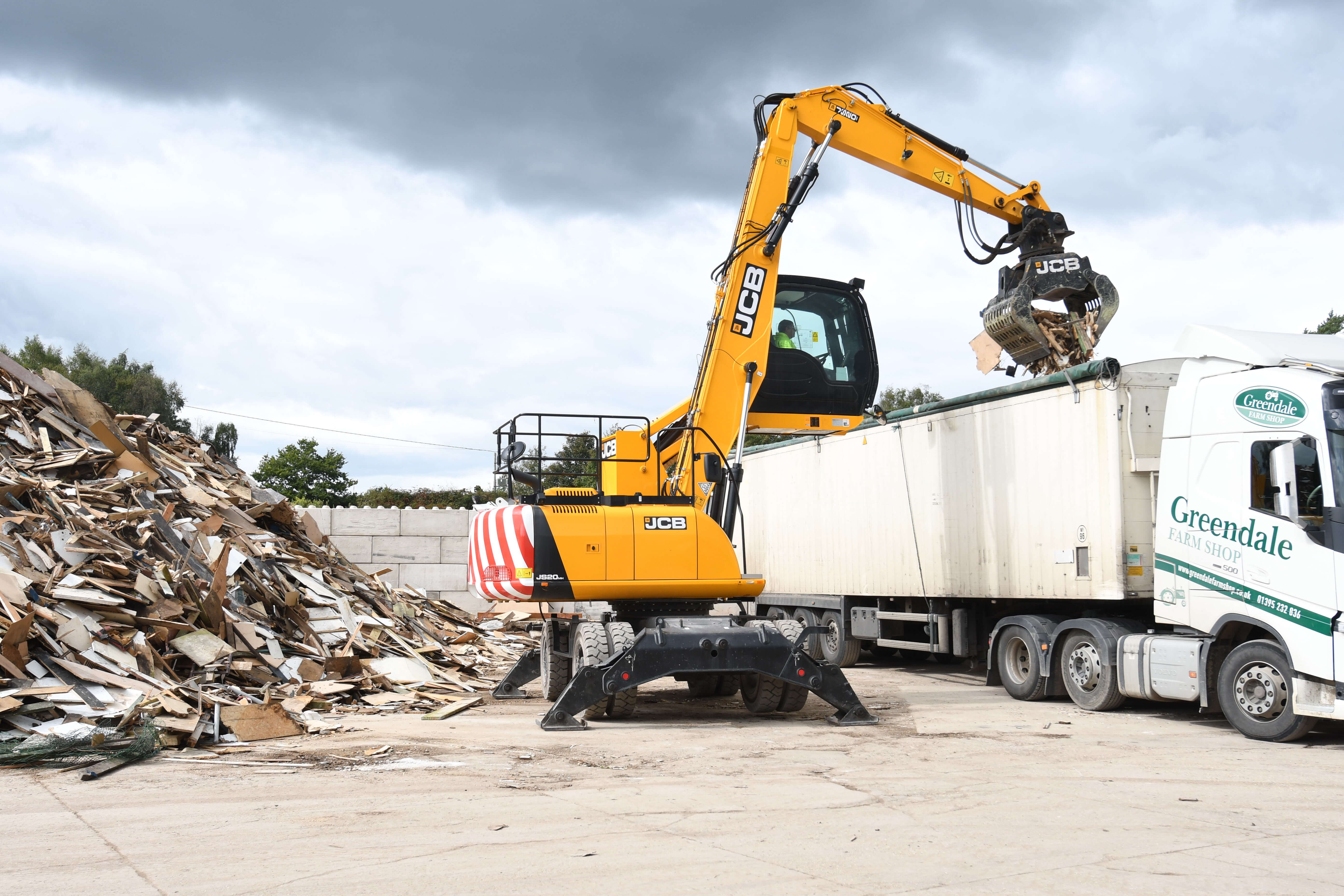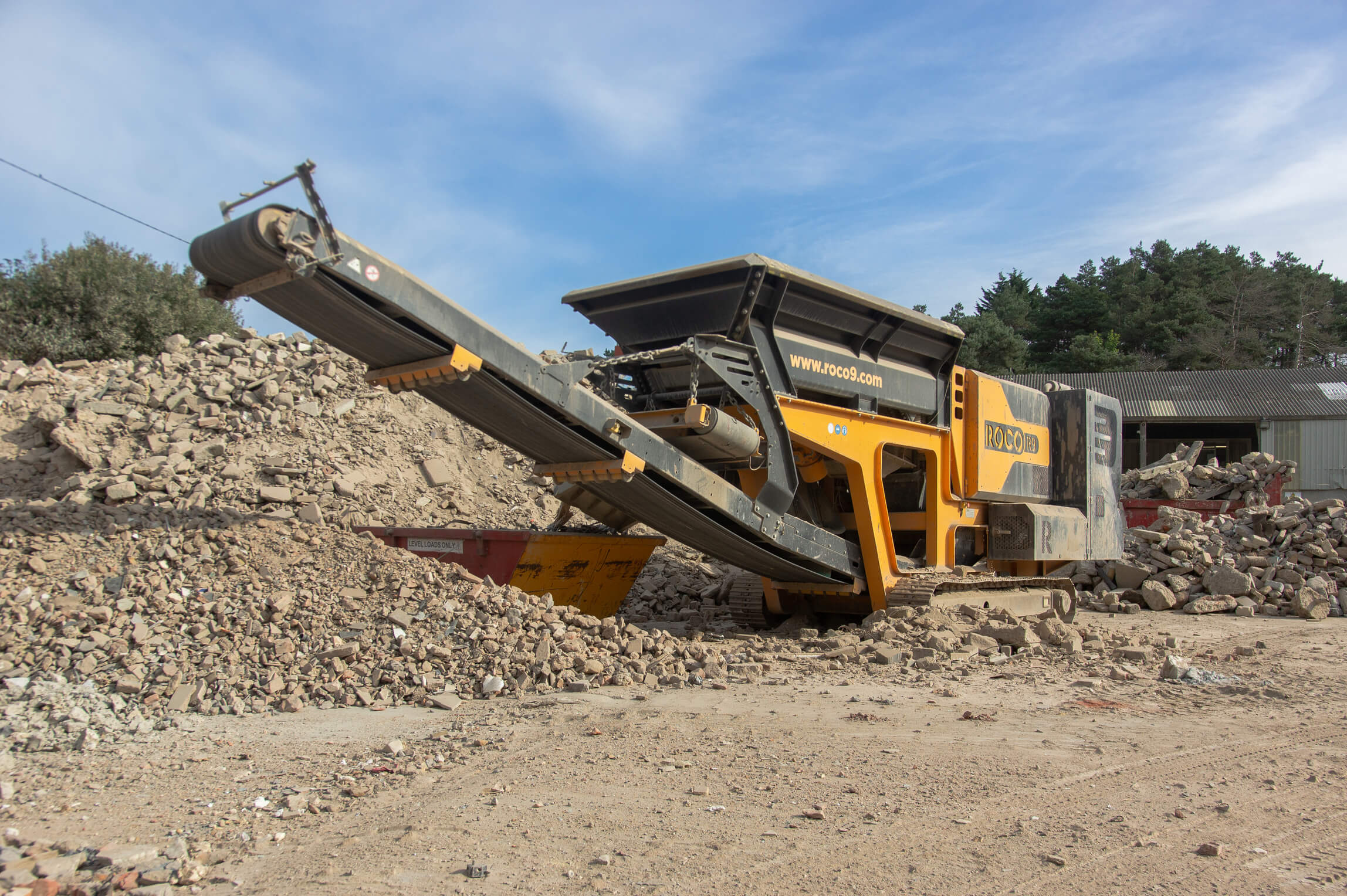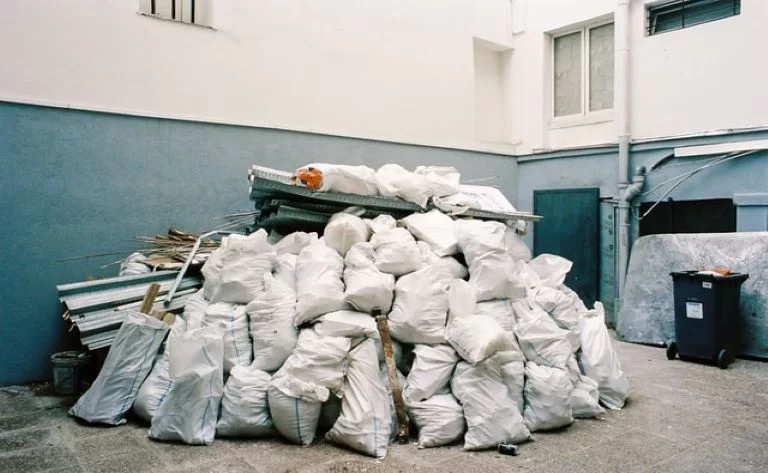The Environmental Impact of Illegal Dumping and How to Prevent It

We’ll start with the good news: fly-tipping is on the decline. In 2021/22, there was a 4% reduction in fly-tipping incidents from the previous year’s tally, including a reduction in household waste being illegally dumped.
But here’s the bad news: there were still an astonishing 1.09 million fly-tipping incidents reported to the UK government in 2021/22. Yep, that’s 4% less than the previous year.
So there are still plenty of UK residents who dump their rubbish at will – on private land, in ditches, along motorways, and even on public land like parks and preserves.
This is fly-tipping, and it’s devastating for the soil, dangerous for wildlife, and disgusting for the rest of us who have to look at it. The local council and the UK’s Environment Agency are constantly investigating illegal dumping, but this population-wide problem deserves a community-led solution.
If you see illegal waste dumped in your area, report it. When you report fly-tipping, you’re taking a stand against this shocking practice that affects us all.
Environmental impact of illegal dumping
Dumping rubbish is mind-bogglingly short-sighted. It’s a practice that assumes rubbish completely disappears once it’s out of the dumper’s immediate sight. The rubbish sticks around, of course, and it impacts the environment in a variety of ways.
Pollution
Dumped waste slowly leaches hazardous substances like microplastics and toxins into the soil. It contaminates the water and air, making local water undrinkable and causing respiratory problems for residents.
Wildlife harm
Illegal dumping sites drive animals from their homes and habitats, and those that eat illegal waste may become unwell.
Ecosystem disruption
Hurting local flora and fauna is bad enough, but the living things we can’t see – bacterial life in the soil – might suffer the most damage. Harming microorganisms in the soil disrupts our entire ecosystem and can take years to mend.
Aesthetic and economic costs
Fly-tipping is an eyesore that local residents shouldn’t have to endure. Fly-tipping drives property values down and shoulders local authorities with the strain of constant waste removal. The clean-up costs can add up to hundreds of thousands spent removing dumped waste and relocating it to a recycling centre.
Common items in illegal dumps
Fly-tippers aren’t the most discerning people, so you’ll generally find an unpleasant mix of rubbish in a fly-tipping site, like:
- Construction debris
- Household waste
- Garden waste
- Electrical appliances
- Hazardous waste, like paints and aerosols
Each of these items can leak unhealthy substances into the earth. Most of them can’t break down entirely on their own, so they’ll remain in the soil, buried but intact, for decades, compromising soil health.
Even garden waste is problematic when it’s dumped illegally. Garden waste might include clippings of invasive plant species that should be heated beyond viability in an industrial composting site.
Why illegal dumping happens
As a registered waste carrier, we find it hard to understand why anyone would participate in fly-tipping, but experts cite these reasons:
- Lack of awareness: People might not understand the consequences or legalities of fly-tipping (despite fixed penalty notices on popular fly-tipping sites)
- Cost avoidance: Some people dump waste to avoid paying for a household removal or bulky waste collection service
- Inconvenience: In a few instances, the local area lacks accessible legal disposal options
Preventing illegal dumping
Local authorities tackle fly-tipping with these tactics:
- Public education: Community awareness programs help would-be fly-tippers understand the impact of their actions
- Accessible disposal options: It helps to have access to convenient local waste disposal options like a reputable waste carrier
- Stronger regulations and enforcement: The local council and policing authorities each have a role to play in deterring illegal dumping
- Community involvement: Communities can work together against the issue of fly-tipping, instigating community watch programs and clean-up events
- Technology and innovation: New tech to discourage fly-tipping, like surveillance technology and reporting apps, make it easier to monitor and prevent illegal dumping
When we reduce fly-tipping, we all win
Fly-tipping is a criminal offence, and rightly so. If you see someone making an illegal deposit, try to write down their vehicle registration number and call the local police immediately with the information.
At The Waste Group, we’re committed to providing sustainable and convenient waste management solutions. There’s no excuse for tipping a bin bag into a local hedge. When every UK citizen starts to value our natural environment and dispose of their waste appropriately, we’ll all breathe easier, drink cleaner water, and enjoy our glorious natural beauty to its fullest.
Contact The Waste Group for responsible waste disposal you can trust.



